Furthering Advancements in Pharmaceuticals
In the medical and healthcare industries, the significance of precision and dependability grows immensely when lives are at stake. Medical devices and healthcare products, which rank among the most intricate and fragile technologies globally, must adhere to strict regulations and certification standards to ensure compliance. This begins at early R&D and testing, through production and distribution.
Throughout a pharmaceutical product’s life cycle, specialized equipment and sensor technologies are used by manufacturers, in both design and maintenance to provide unmistakable evidence of process quality and safety. Medical and health care product manufacturers, including pharmaceutical companies, turn to Interface because our high accuracy force measurement solutions are designed for reliable performance test and measurement projects. There is also tremendous demand for Interface’s ability to customize solutions that meet the exact measurement requirements of these sensitive applications.
Common Interface Products Used by Pharmaceutical Companies
Interface provides force measurement solutions for a wide variety of products and machines that help biotechnology and pharmaceutical product engineers to design, test and manufacture devices of all shapes and sizes. When it comes to equipment used in the manufacturing of medicine, Interface products are used to optimize production and reduce waste.
Pharmaceutical Solutions Using Interface Load Cells
Weighing and Distribution: Load cells are commonly used in pharmaceutical manufacturing facilities for accurately measuring and dispensing ingredients during the formulation process. They ensure precise measurements of active pharmaceutical ingredients and excipients, which is crucial for maintaining the quality and efficacy of the final product.
Tablet Hardness Testing: Tablet hardness is an important characteristic as it influences factors like disintegration, dissolution, and overall drug delivery effectiveness. Load cells are used in tablet hardness testers to precisely quantify the force required to break or fracture a tablet.
Tablet Forming Machine Optimization: These machines need to be finely tuned to ensure consistent tablet quality, weight, and other critical attributes. Load cells play a vital role in this optimization process by providing real-time force and weight measurements during tablet compression.
Capsule Filling Machines: Load cells are used in capsule filling machines to measure the weight of the powdered or granulated material being filled into each capsule. This ensures that each capsule contains the correct amount of medication, contributing to accurate dosing.
Quality Control: Load cells are used in quality control processes to verify the weight and consistency of the final pharmaceutical products. This helps ensure that products meet regulatory standards and maintain consistent quality.
Mixing: In the pharmaceutical industry, proper mixing and blending of ingredients are critical to achieving uniformity in formulations. Load cells are used in mixing equipment to monitor the force exerted on the mixture, ensuring that ingredients are thoroughly and uniformly blended.
Packaging and Filling: Load cells are employed in packaging and filling processes to accurately measure the weight of the product being filled into containers such as bottles, vials, and blister packs. This helps prevent underfilling or overfilling of products, ensuring proper dosing for patients.
Bioreactors and Fermenters: In the production of biopharmaceuticals and vaccines, load cells are used in bioreactors and fermenters to monitor the weight of the culture medium and cells. This information is crucial for controlling and optimizing the growth conditions of microorganisms or cells used in the production process.
When it comes to product development in the United States, both medical devices and pharmaceuticals are required to not only adhere to stringent FDA regulations, but they must also be proven to safe and effective to doctors and patients. Similarly, these essential safety testing prerequisites are universally standard in most developed nations when seeking pre-release approvals.
Consult with our application engineers to see what type of products will meet your stringent requirements.
Pharmaceuticals_InfographicPoster
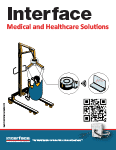
 Interventional Guidewire Quality Inspection
Interventional Guidewire Quality Inspection

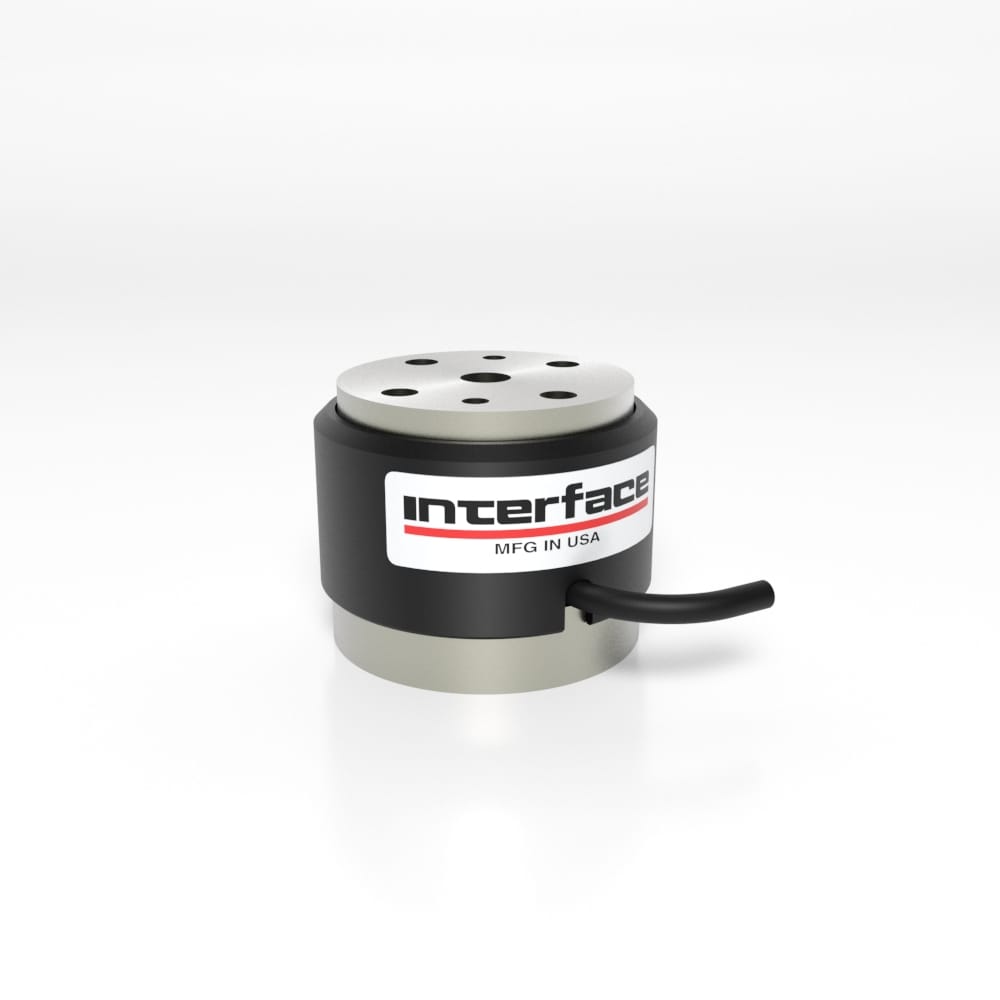

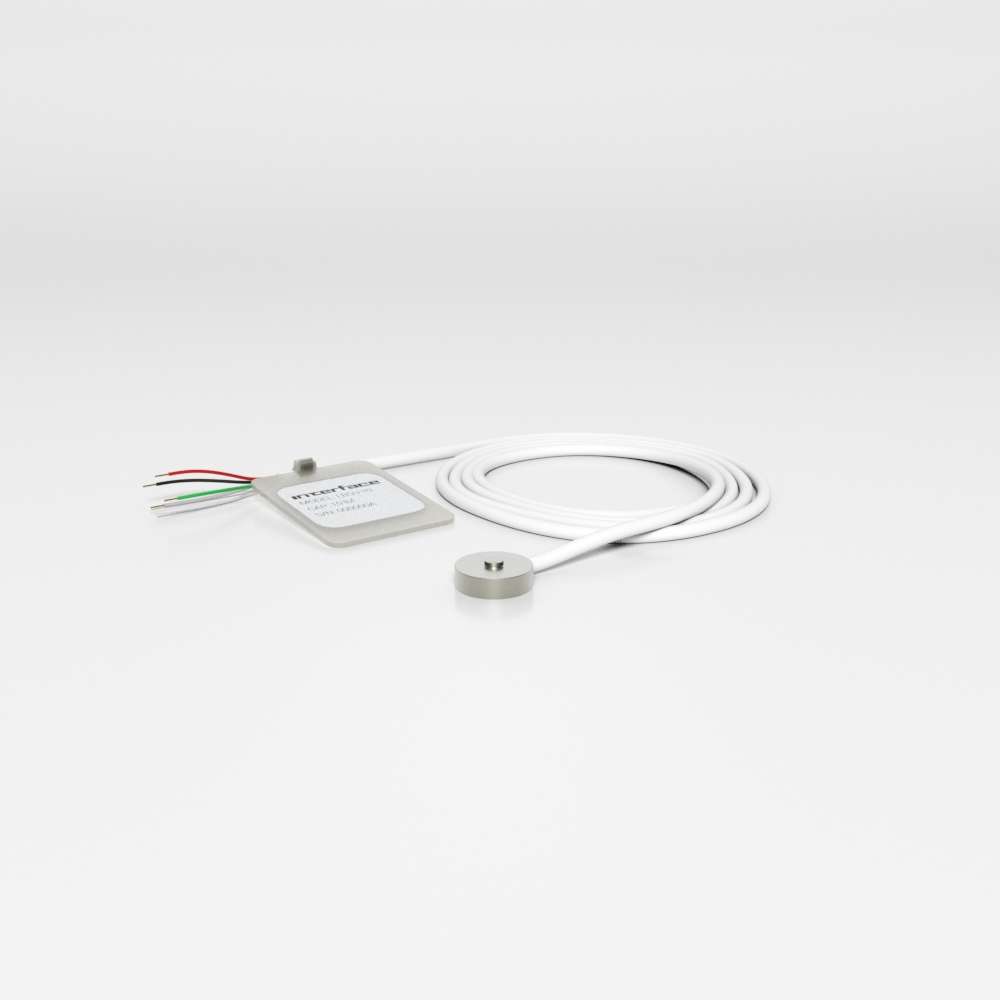
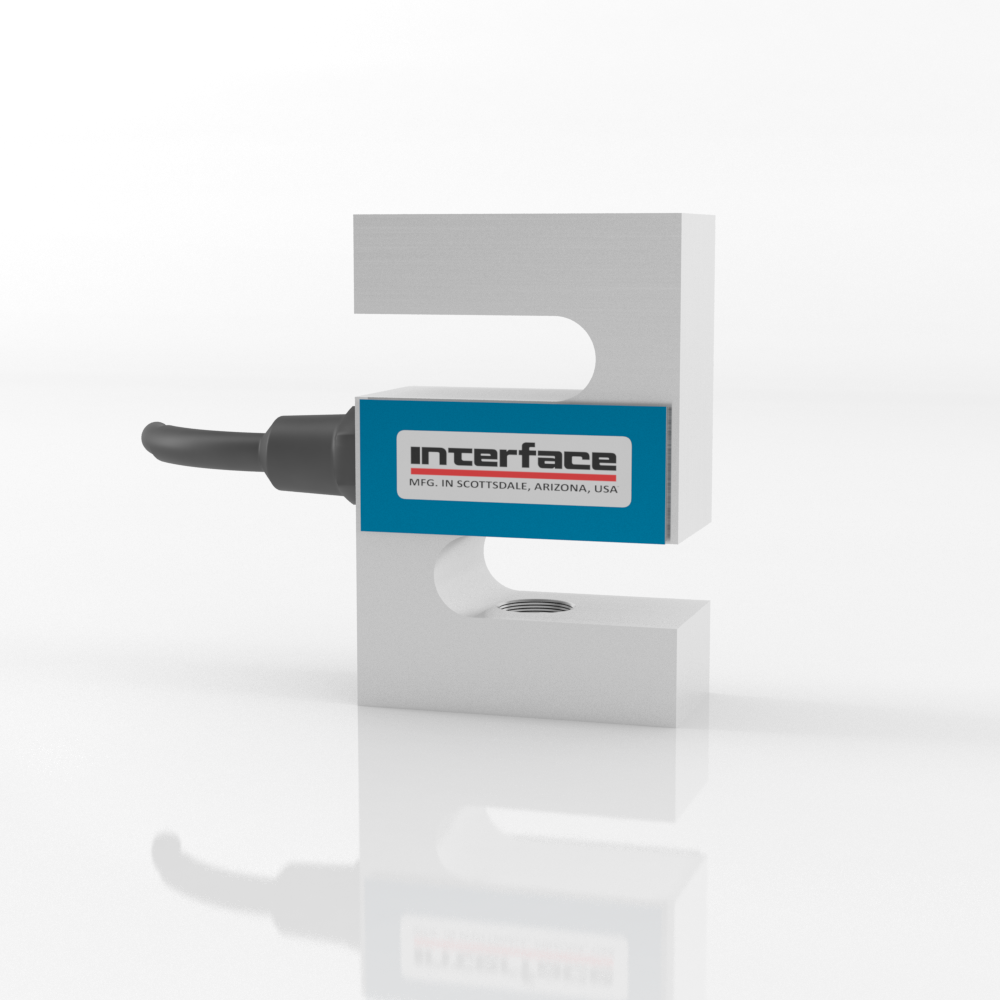
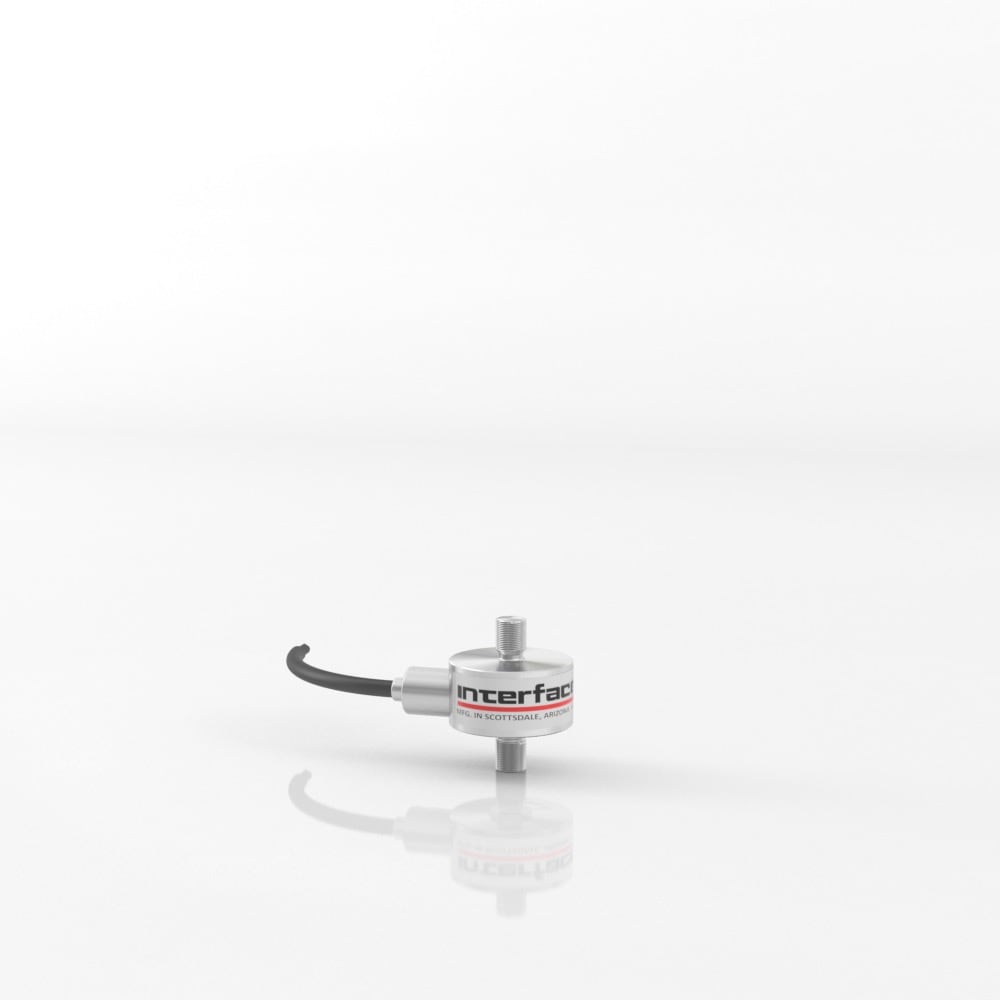
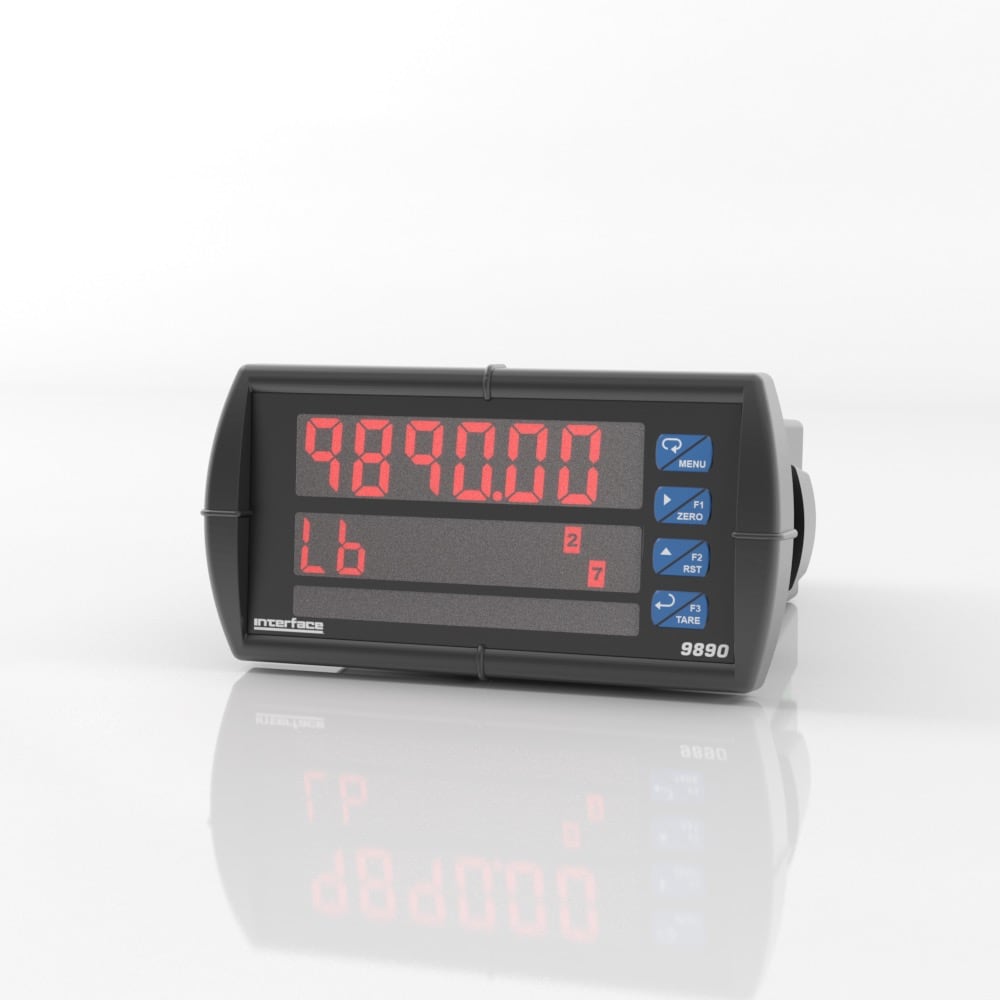
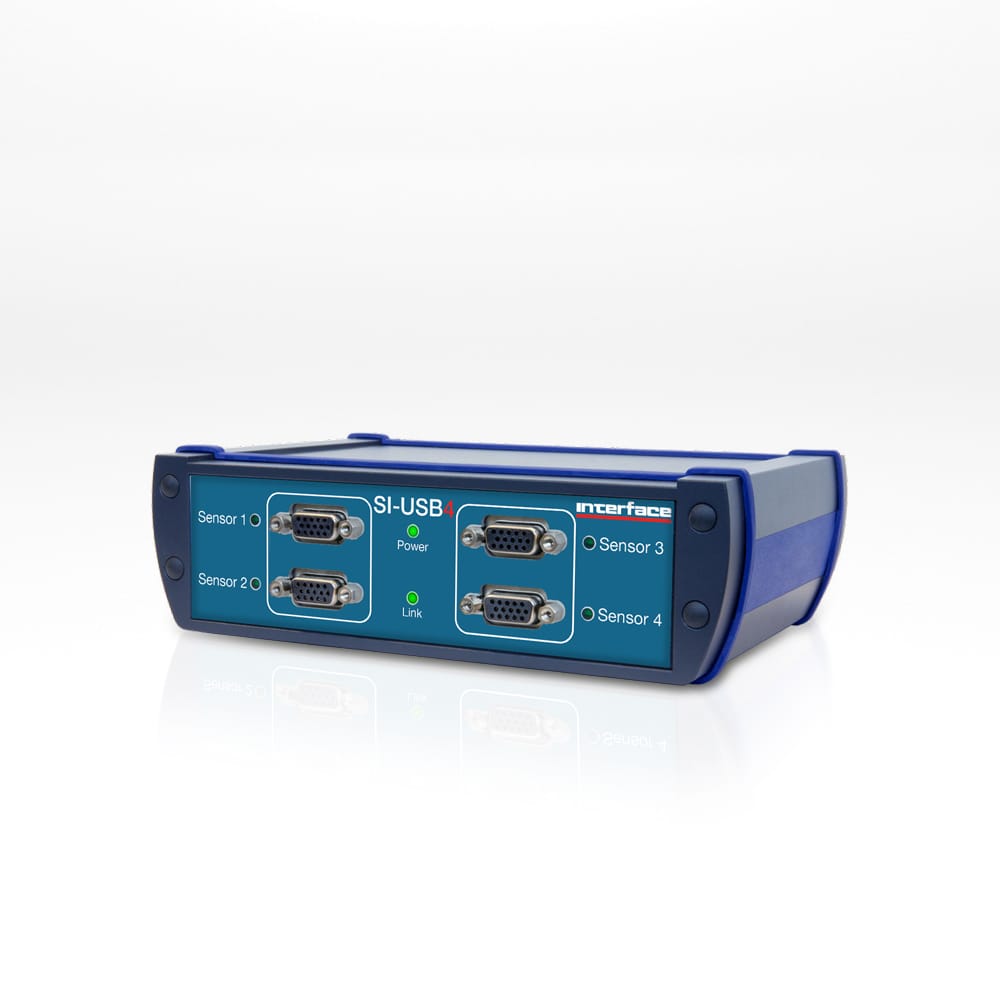
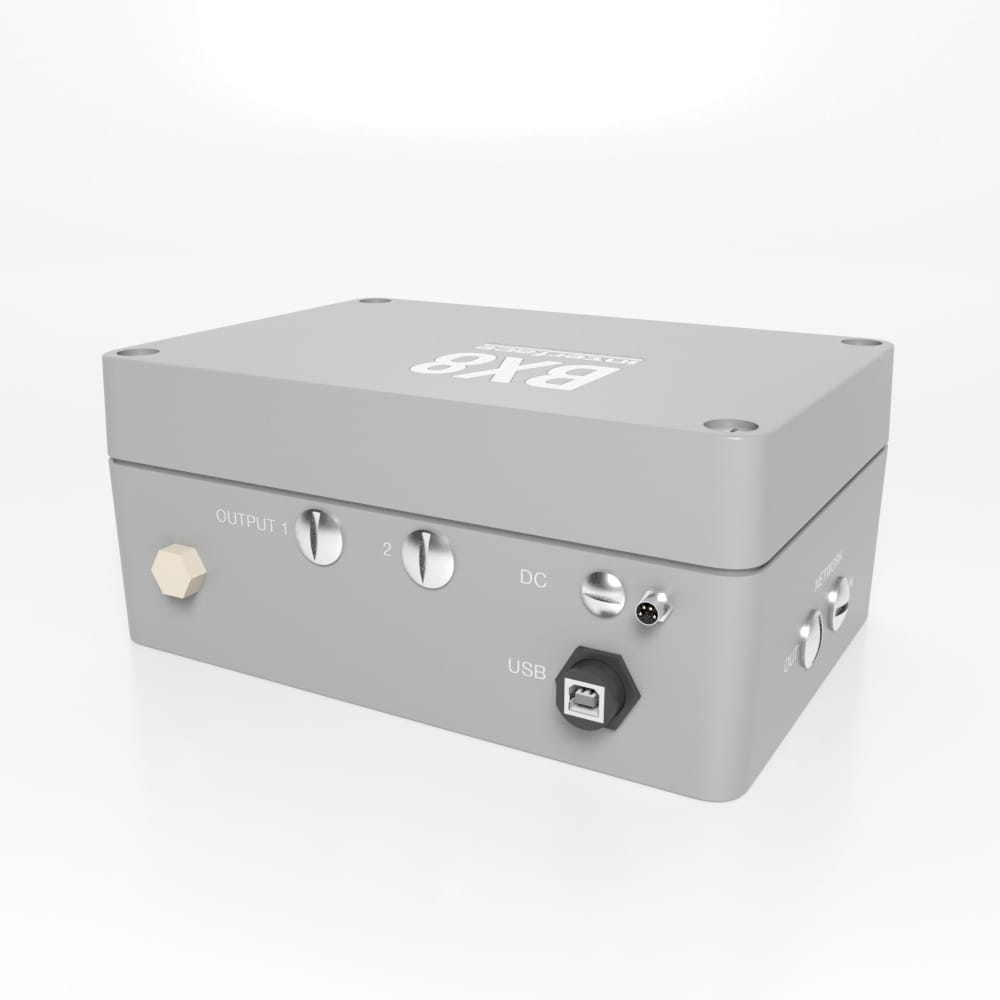


Miniature Torque Transducers 101
/in 101 Series, Blog /by Jamie GlassThe demands for miniature force and torque measurement solutions are on the rise. Modernization of products along with complex, compact products requires small and robust test and measurement solutions. Miniature torque transducers are small sensors that measure torque, or rotational […]
Interface Solutions for Lifting Applications
/in Blog /by Jamie GlassLifting is the action of raising an object to a higher level or moving an object to a different position. Tension load cells accurately measure forms of lifting, as they measure pulling by design. Choosing the right sensor for this […]
Interface Solutions for Machine Builders
/in Blog /by Jamie GlassNo matter the industry, if products are being made chances are industrial machines are involved in some part of R&D, testing, production, and distribution. Engineers involved in the design and manufacturing of these machines require the highest quality sensors, tools […]
Exploring Interface Capabilities and Differentiators
/in Blog /by Jamie GlassInterface is the largest producer of load cells defined by a particularly important core differentiator. The Interface difference is precision. How do we maintain this standard of excellence? Interface is directed by our foundational 4-pillars for success: quality, service, accuracy, […]
Making Products Smarter with Interface OEM Solutions
/in Blog /by Jamie GlassProducts need to be smart in today’s world. Whether it is consumer or commercial, people expect added functionality in everything. From coffeemakers and exercise equipment to large industrial machinery used in massive infrastructure projects, sensors play a crucial part in […]
New Interface Case Study Exams Weighing and Scales
/in Blog /by Jamie GlassTest and measurement are used in the development and monitoring of manufactured goods across all industries. With a history of producing force measurement solutions for more than five decades, Interface has supplied a myriad of sensor devices for hundreds of […]
Fitness Equipment Makers Require Extreme Accuracy
/in Blog /by Jamie GlassInterface’s specialty is building solutions for the testing and monitoring of parts and total systems that move and create force. One of the industries where this is critical is the fitness industry. Equipment and fitness machines, whether designed for in-home […]
Interface Sensors Used for Development and Testing of Surgical Robotics
/in Blog /by Jamie GlassElectro-mechanical and software advancements in the medical device and healthcare industry have made all kinds of surgical robotics a reality. Manufacturers and design engineers of these robots come to Interface during the stages of research and development, product engineering and […]
Spotlighting Medical Device and Healthcare Solutions
/in Blog /by Jamie GlassIn medical technology design, engineering and manufacturing, accuracy is everything. Not only are standards and regulations for product quality extremely high in the medical industry, the safety and wellbeing of patients and users depends on it. Interface continues to provide […]
Where to Find 50 New Force Measurement Application Notes
/in Blog /by Jamie GlassOne of the advantages we have at Interface is that our application engineers and solutions experts are constantly recommending Interface load cells, torque transducers, instrumentation and accessories for a wide range of projects and programs. In this fortunate position, it […]